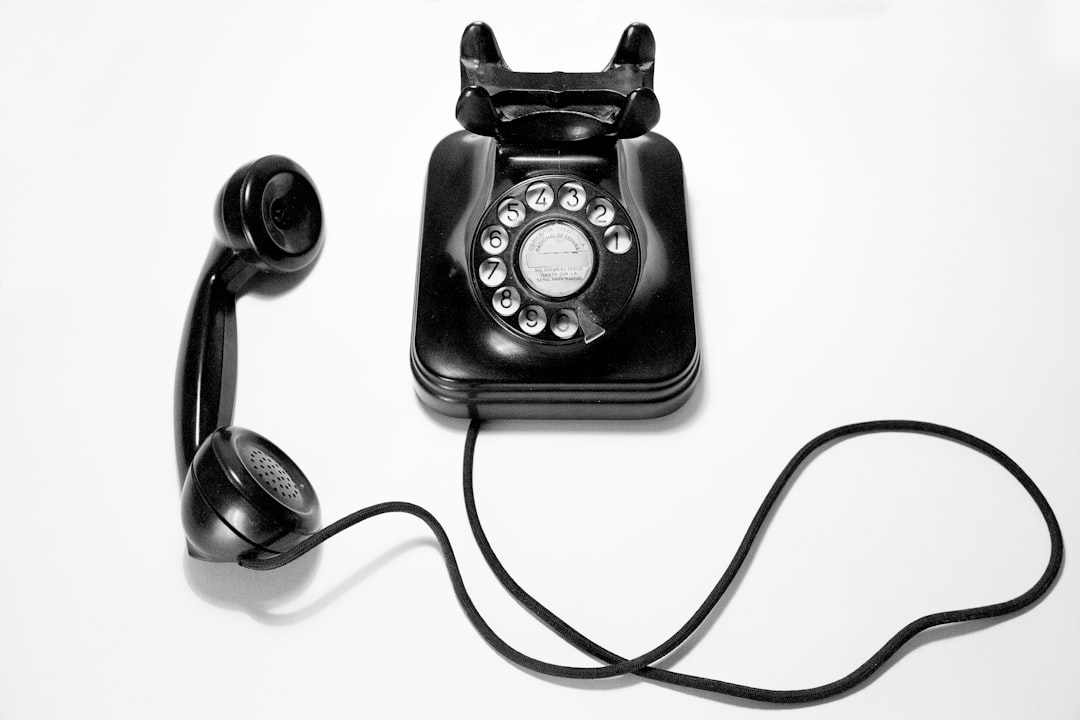In Arizona, both businesses and consumers are protected by strict laws regarding autodialers, with Phoenix as a key business hub. Companies using autodialing technology must consult with local autodialer lawyers to ensure compliance with consent acquisition, opt-out provisions, and the Telephone Consumer Protection Act (TCPA), preventing lawsuits and maintaining customer trust. Lawyers guide businesses on data security, call tracking, and transparent practices, navigating complex regulations like Arizona's Telephone Consumer Protection Act (ATCPAA) and federal TCPA laws to protect interests and rights.
In the digital age, autodialers have become a powerful tool for businesses in Arizona, but their legal implications can’t be overlooked. This comprehensive guide for Phoenix autodialer lawyers explores best practices for utilizing these technologies within Arizona’s legal framework. From obtaining informed consent to ensuring compliance with technical standards, we delve into strategies to navigate the complex landscape of autodialer regulations, covering consumer privacy, legal defenses, and practical guidelines for ethical, compliant marketing.
Understanding Arizona's Legal Framework for Autodialers

In Arizona, the legal framework surrounding autodialers is designed to protect both businesses and consumers from unwanted or fraudulent phone calls. The state’s laws on autodialing, also known as automated dialing systems, are in place to ensure that such technologies are used responsibly and ethically. For businesses looking to leverage autodialers for marketing or customer service purposes, understanding these regulations is crucial.
Phoenix, being a hub for many businesses, has seen an increase in the use of autodialer technology. Local laws and guidelines must be followed strictly to avoid legal repercussions. Arizona’s regulations cover various aspects, including obtaining proper consent, providing opt-out options, and ensuring compliance with the Telephone Consumer Protection Act (TCPA). Businesses should consult with Phoenix-based autodialer lawyers to navigate these complexities and ensure their practices align with state and federal laws, thereby avoiding costly lawsuits and maintaining customer trust.
Best Practices for Consumer Consent and Privacy

When utilizing autodialers in Arizona, respecting consumer consent and privacy is paramount. Always obtain explicit permission from individuals before dialing them, ensuring they understand they are signing up for a service or receiving marketing calls. This process should be straightforward and transparent, with clear opt-out options provided at all times.
For Phoenix autodialer lawyers, adhering to the state’s strict consumer protection laws is crucial. This includes following the Arizona Telephone Consumer Protection Act (ATCPAA), which regulates automated dialing systems. Compliance involves implementing robust data security measures to protect personal information and ensuring calls are made during permissible hours to avoid harassing consumers. Regular audits and training sessions can help maintain compliance, safeguarding both your business and consumer rights.
Ensuring Compliance: Technical Requirements and Guidelines

Using an autodialer for telemarketing or outreach activities in Arizona requires strict adherence to legal guidelines and technical specifications. To ensure compliance, autodialers must meet certain criteria set forth by the state’s telecommunications regulations. One of the key aspects is implementing do-not-call mechanisms, allowing consumers to opt-out seamlessly during automated calls. This involves utilizing dynamic number insertion (DNI) to prevent numbers on the National Do-Not-Call Registry from being dialed.
Moreover, autodialer lawyers in Phoenix recommend integrating call tracking and recording systems to monitor and record interactions, ensuring transparency and accountability. These technologies enable businesses to track call performance, maintain compliance records, and address any potential legal issues promptly. Adhering to these technical requirements is essential for ethical and legal autodialer usage, protecting both businesses and consumers alike.
Legal Implications and Defense Strategies for Autodialer Use

The legal implications of using autodialers in Arizona can be complex and multifaceted. While autodialers offer significant advantages for businesses looking to reach potential customers, they also come with risks. One of the primary concerns is compliance with the Telephone Consumer Protection Act (TCPA), which regulates automated calls, including those made by autodialers. Violations can lead to substantial financial penalties and damage to a company’s reputation.
To navigate these legal waters successfully, businesses in Phoenix relying on autodialer lawyers are essential. These specialists can help craft strategies that ensure compliance with TCPA rules. This includes obtaining proper consent from recipients, providing clear opt-out mechanisms, and documenting call records accurately. By employing such defense strategies, companies can protect themselves not only from legal repercussions but also from the negative impact of non-compliance on their customer relationships and business operations.






